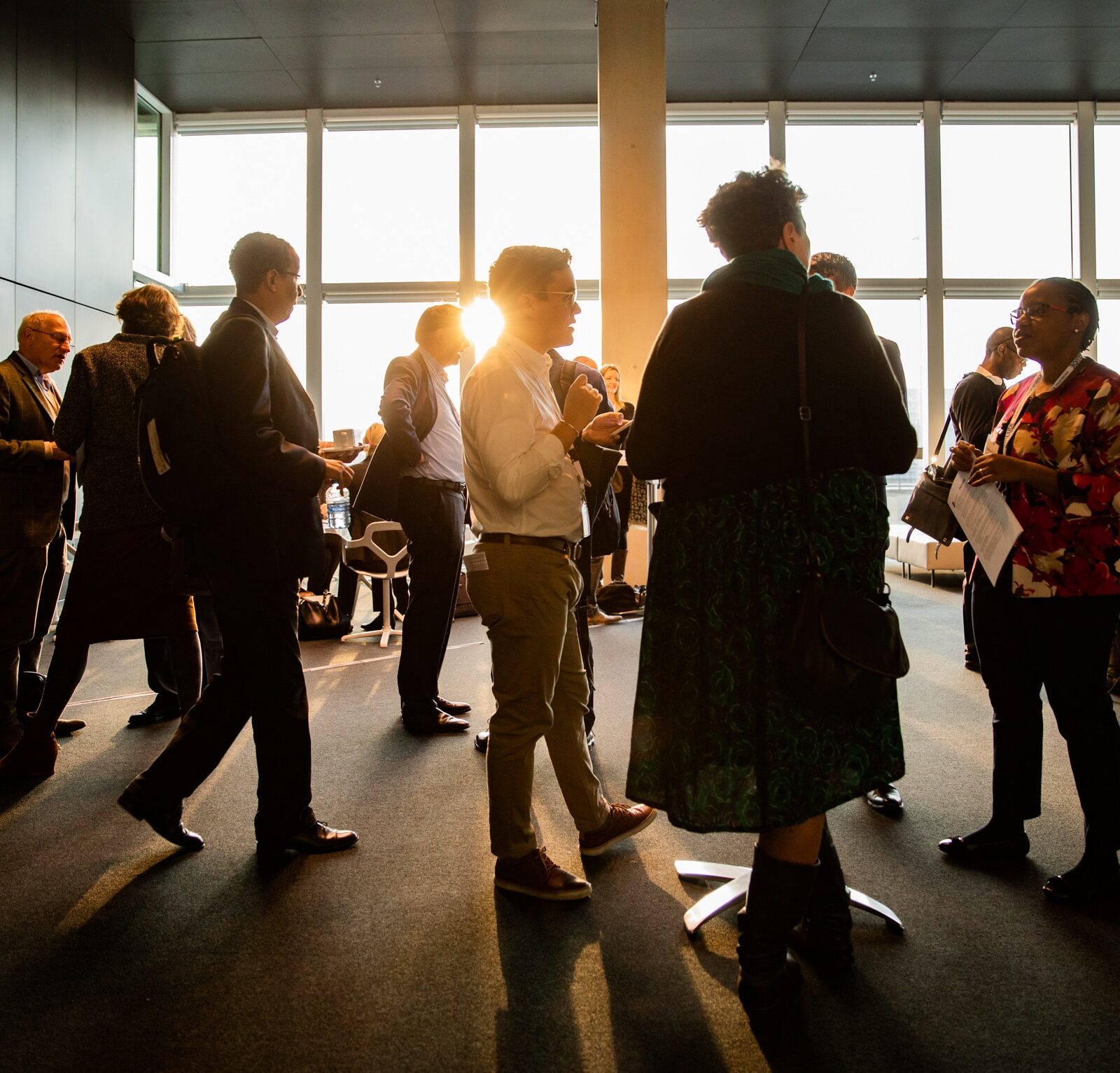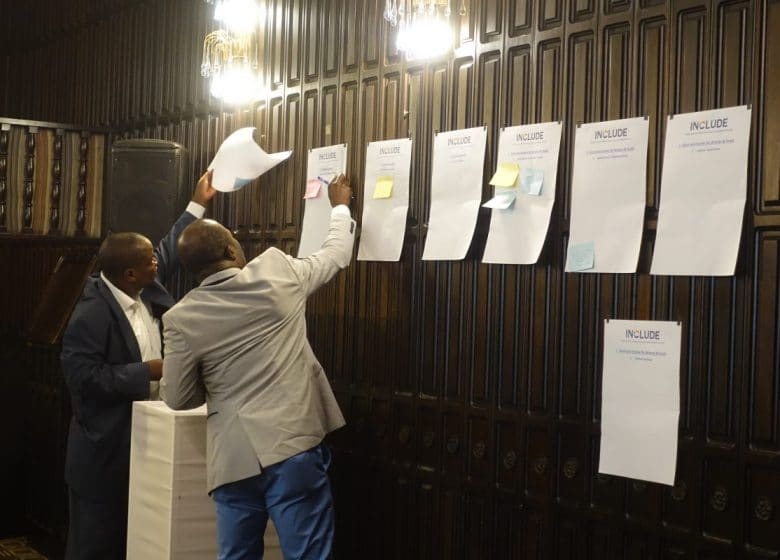The Platform
INCLUDE is an independent knowledge platform initiated by the Dutch Ministry of Foreign Affairs to bridge the gap between research and policy and practice. We identify existing, and generate new, knowledge and insights on inclusive development in Africa. To make this knowledge work for policymakers and practitioners in Africa and the Netherlands, we co-develop an ´action-oriented perspective´, that focuses on making knowledge and insights yield results. In this regard, INCLUDE has a unique knowledge management role that benefits stakeholders from all sectors. INCLUDE interacts closely with different research groups and partner organizations working in the Netherlands and Africa on inclusive development.
The platform is one of five knowledge platforms initiated by the Dutch Ministry of Foreign Affairs to contribute to knowledge and effective policies in the Netherlands, other donor countries and developing countries.

